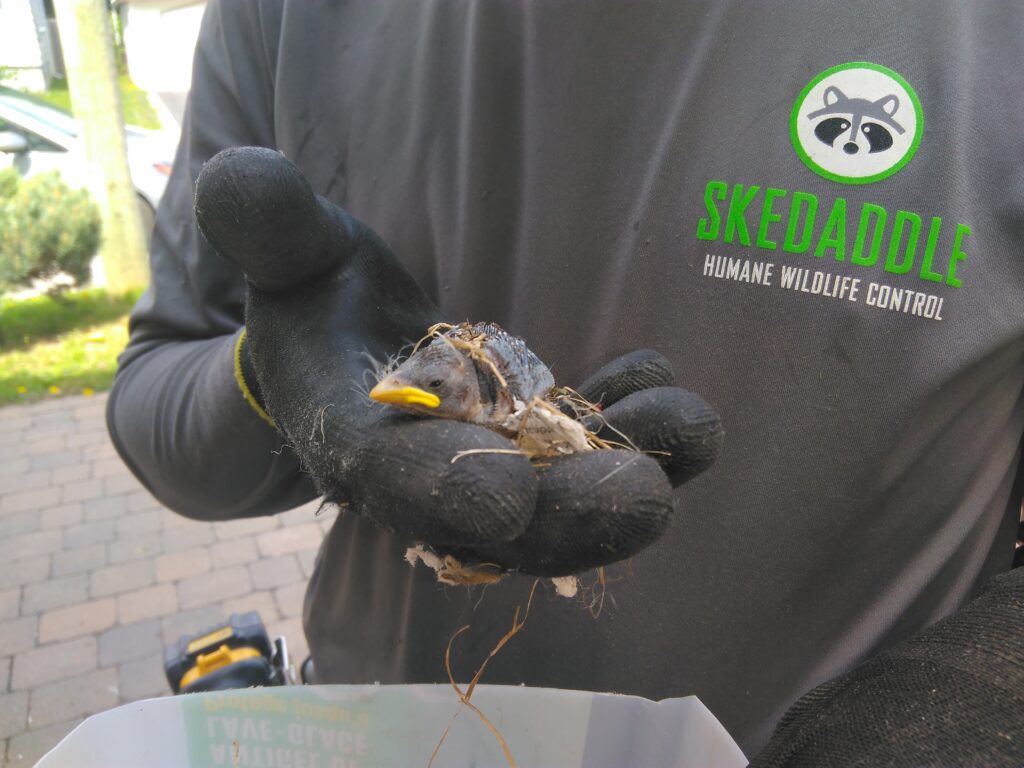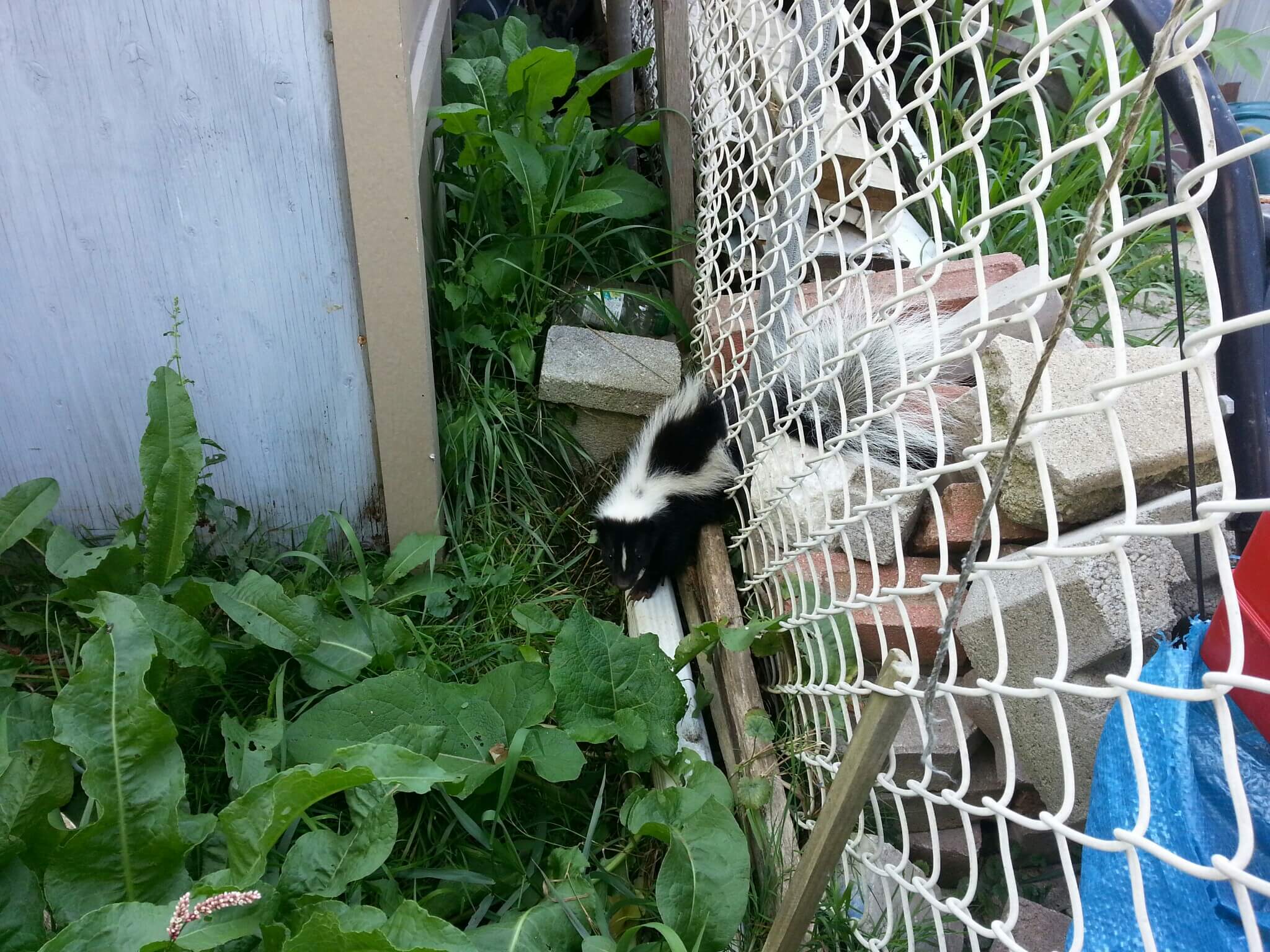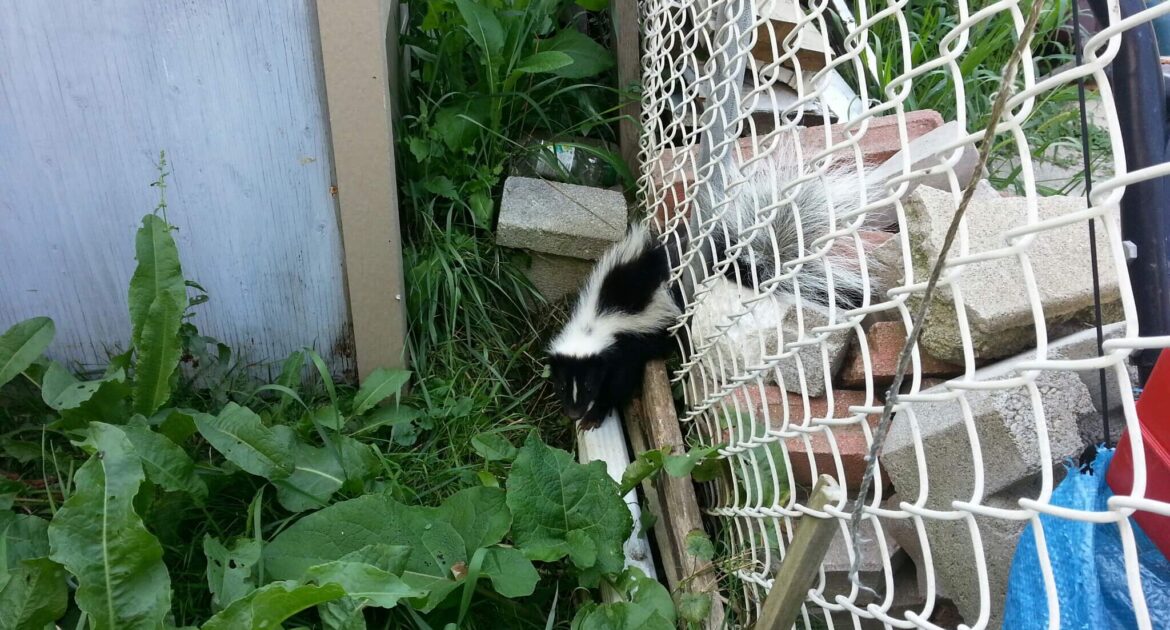If you find yourself becoming more active during the summer, you’re not alone. Summer is the peak of activity for wildlife as the weather is warm and food is more plentiful. While you’re sure to see more wild animals on your property as a result, you should take some important steps to discourage them from lingering. Otherwise, they might decide to move into your house. This creates a problem that requires wildlife removal in Whitby. It’s better to prevent the problem altogether by discouraging animals from your property during the summer.
1. Store Firewood Away From Your Home
It may be convenient to have a stack of firewood within easy reach of your door. However, firewood can provide nesting sites for mice, and if it is too near the house, it can allow them access to your home’s interior as well. Firewood should be stored at least 20 feet away from the house.
You can also help keep animals out of your woodpile by stacking it up off the ground. For example, you can stack it on top of bricks or cinder blocks to create a barrier.
2. Empty the Trash Often
Garbage cans can provide food for wildlife, especially raccoons and other animals that live by scavenging. Raccoons are highly intelligent and opportunistic. Once they learn that a trash can provides a reliable food source, they are likely to make their homes nearby. Your attic may provide the most convenient nesting spot.
You should never let trash accumulate on your property. If you have to put trash cans outside overnight, you should secure them to a fixed object with a bungee cord to prevent raccoons from knocking them over and cover them with a securely latching lid. Since raccoons are nocturnal and return to their dens during the day, it might be better to wait until morning to put the trash out, if possible.

3. Keep the Grass Mowed
There are two reasons to keep your grass mowed to deter wildlife from your yard. In the first place, long grass provides cover for animals to hide in. This includes prey animals, such as mice, as well as some predators. Another reason is that long grass also provides a habitat for insects, including some harmful ones. You probably don’t want these pests on your property either, but the long grass may also attract wildlife that feeds on the insects. Keeping your lawn mowed short may help you avoid both problems at the same time.
4. Fix Water Leaks
Wildlife relies on sources of fresh water for survival. If they find it from a leak on your property, it can encourage them to stay nearby and potentially move into your house. You can discourage wildlife on your property by repairing any leaks, saving a lot on your utility bills in the process.
5. Keep Your Yard Clean
Some trees can drop fruit or nuts on the ground when they get ripe. These windfalls can provide a source of food for wildlife, and it may be even more attractive if it is allowed to rot. You can protect your yard from wildlife by cleaning up this waste.
Bird feeders can be an attractive nuisance as well. If you choose to have a bird feeder on your property, be sure to clean up any birdseed that falls onto the ground. Choose a feeder that is designed to deter squirrels. Since birds can get into your house as well, it might not be a good idea to have a feeder on your property at all.
Following these steps can help prevent wildlife problems, both now and in the fall when the weather gets colder and food is less available. Contact Skedaddle Humane Wildlife Control if an animal gets into your Whitby home despite your best efforts. We will relocate the animals without harming them and restore your home to a livable condition by cleaning and clearing contaminated areas.




